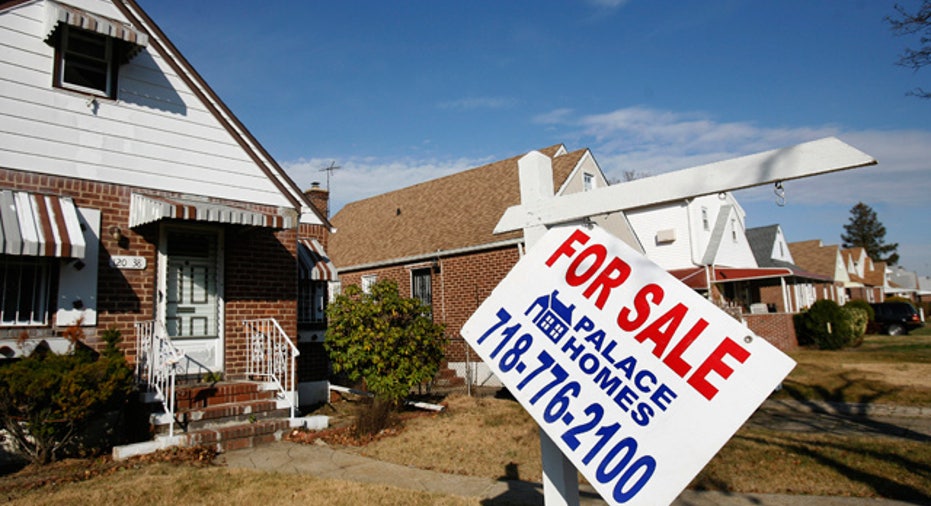Sometimes an Underwater Home is Good

Dear Bankruptcy Adviser,The current market value of my home is $200,000. The primary mortgage is for that exact amount. I also have a second mortgage, a home equity loan for $50,000. Obviously, my home is underwater as a result of my home equity loan. My question is this: Can a homeowner file a bankruptcy to erase a second mortgage? In my case, I would ideally like to still keep the home, but only pay on the first mortgage. What are my options?-- Kenny
Dear Kenny,
Under Chapter 13 bankruptcy laws, you can "strip" junior mortgage loans. This includes second or third mortgages, even a home equity line of credit, or HELOC. The result would be you keep your home, pay on the first mortgage only and eliminate the junior loan or loans. The process to eliminate junior loans is handled while inside the Chapter 13.
But the process won't be quick, and you have to meet certain conditions in order to make use of this option. Oddly enough, an underwater home is your ally in these cases. From your description, it appears to be a close call as to whether you will qualify.
The option I'm referring to is not available in Chapter 7 bankruptcy, often referred to as a liquidation bankruptcy, where debts are discharged. Chapter 13 is known as a reorganization bankruptcy. It lasts from three to five years. In other words, you will not be able to get rid of junior loans in less than three years.
During that time, you will make payments on your first mortgage. You will also make a payment toward other debts to the trustee assigned to your bankruptcy case. The trustee may pay some of the second mortgage and other nonmortgage debt, like credit cards. They are lumped together as "unsecured general creditors." You will keep the house so long as you make the mortgage payments and the payment to the trustee.
There is one hurdle in this scenario, however. You state that the value of your property is equal to the balance on the first loan. This could be a significant problem. The only way to strip junior loans is to prove that the value of the property is worth less than the balance of your first mortgage.
You cannot have one dollar in equity at the time of the filing. The value cannot be $200,001 while the first mortgage balance is $200,000. One dollar in equity means you cannot strip the second mortgage. It is that specific. (What the value does after filing won't affect your case.)
You can start by looking at comparables in your area, but eventually you will probably need to get a professional appraisal. Don't "coach" the appraiser as to the value you want and need. You need to make sure that the appraisal can stand up to possible scrutiny by the junior lienholders. The lender that is about to be "stripped" of its lien might fight your right to eliminate their loan. You don't want the appraiser to say that you suggested a lower value.
Chapter 13 bankruptcy cases are complicated and require many procedural steps in order for the judge to sign off on your case. Only when your Chapter 13 is discharged by the judge is your second mortgage eliminated. You are legally entitled to handle your case yourself, but you will be held to the same standard as if you used an attorney.



















